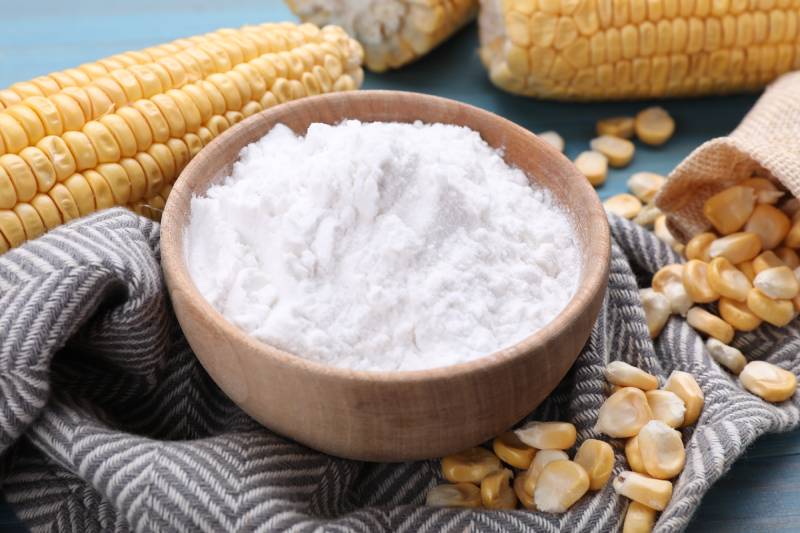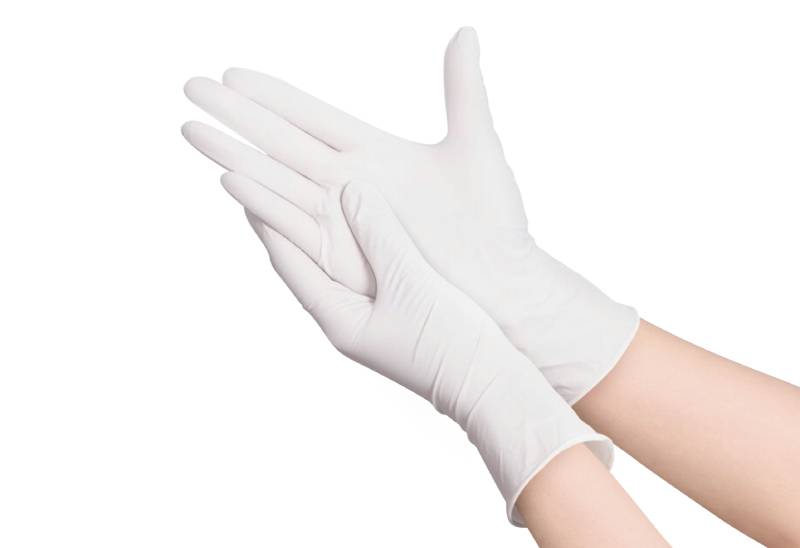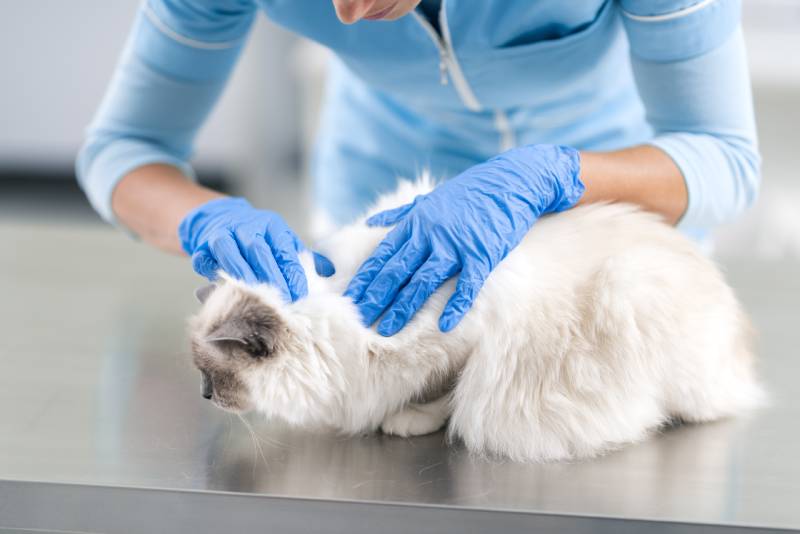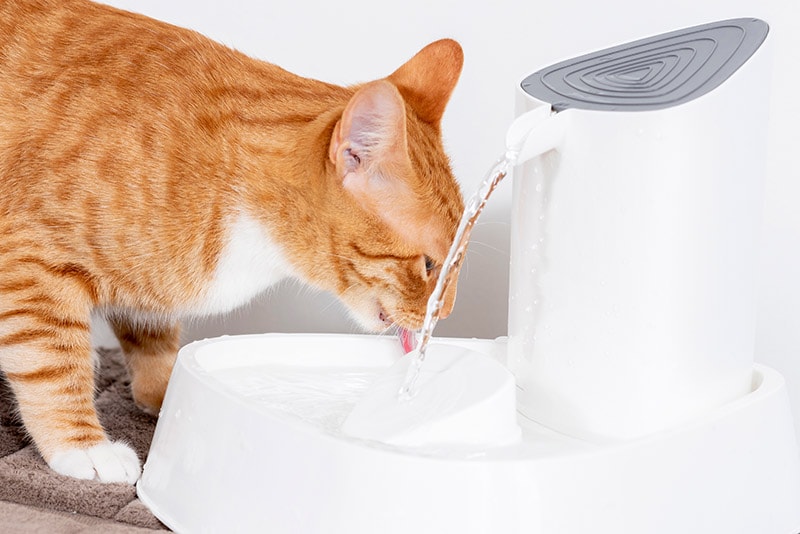Does Cornstarch Kill Fleas? Vet-Reviewed Effectiveness Info & Alternatives
By Jessica Kim
Updated on

Click to Skip Ahead
Getting rid of fleas can be a challenging and frustrating experience. Many people may look for homemade remedies for natural and budget-friendly solutions. Sprinkling cornstarch on flea-infested areas is a popular recommendation for killing fleas, but there’s no proof that it’s effective. There are much better solutions to getting rid of fleas.
Cornstarch and Fleas
There’s a popular belief that cornstarch can help kill fleas because its powdery consistency can trap and suffocate them. However, cornstarch doesn’t have any specific properties that help destroy fleas. If you end up sprinkling it around the home, it just creates a mess that can quickly become difficult to clean up.
Cornstarch is sometimes used in other ways. For example, it’s sometimes used as the anti-stick substance in products made from latex, such as medical gloves. Some adhesives can be made from cornstarch as well. However, to date, there’s no study that has proven its effectiveness when it comes to dealing with fleas.

How to Effectively Get Rid of Fleas
The first thing you want to do if you find fleas on your pets or in your home is to schedule an appointment with your veterinarian. Your veterinarian can provide a treatment plan and prescribe flea medication. There are many different flea treatment products, like topical treatments, pills, shampoos, and collars, and your veterinarian can help you find solutions that work best for your specific situation. Your veterinarian can also examine your pet for any other issues, such as wound care from flea bites or flea allergy signs.
When it comes to completely eradicating your house of fleas, it’s important to have a consistent and rigorous action plan. Fleas have a relatively long life cycle, and in some cases, it can take months to get rid of them completely. The CDC recommends focusing on sanitization, pet treatment, and home treatment.
It’s important to deep clean your home, especially the areas where fleas tend to frequent. Make sure to wash all bedding, carpets, and rugs thoroughly. It’ll also be helpful to wash your pet’s beds and favorite toys. After you’ve sanitized everything, you can start to use flea treatment to disrupt the flea life cycle. There are different products that work for various types of surfaces, and some are exclusively for indoor use or outdoor use. If the infestation is moderate to severe, it’s often best to work with a reputable pest control company to treat your home.

Pets are easy targets for fleas, so it’s important to treat them simultaneously as you treat your home. They’ll benefit from having a medicated bath to get rid of adult fleas on their skin and coat. It’s also helpful to comb through their hair after the bath to pick out any remaining fleas.
Your veterinarian may prescribe medication and recommend other products to help your pets. Make sure to follow your veterinarian’s treatment instructions to the very end. Stopping before the end of the process can end up causing fleas to reappear.
Conclusion
Fighting fleas can be a long battle, and cornstarch isn’t an effective flea killer. If anything, it’ll most likely just create a mess in the home. It’s best to work with your veterinarian first to determine the best course of action. It will take a combination of treating both your home and your pets, but with time and consistency, your house will eventually become flea-free again.
Featured Image Credit: New Africa, Shutterstock













